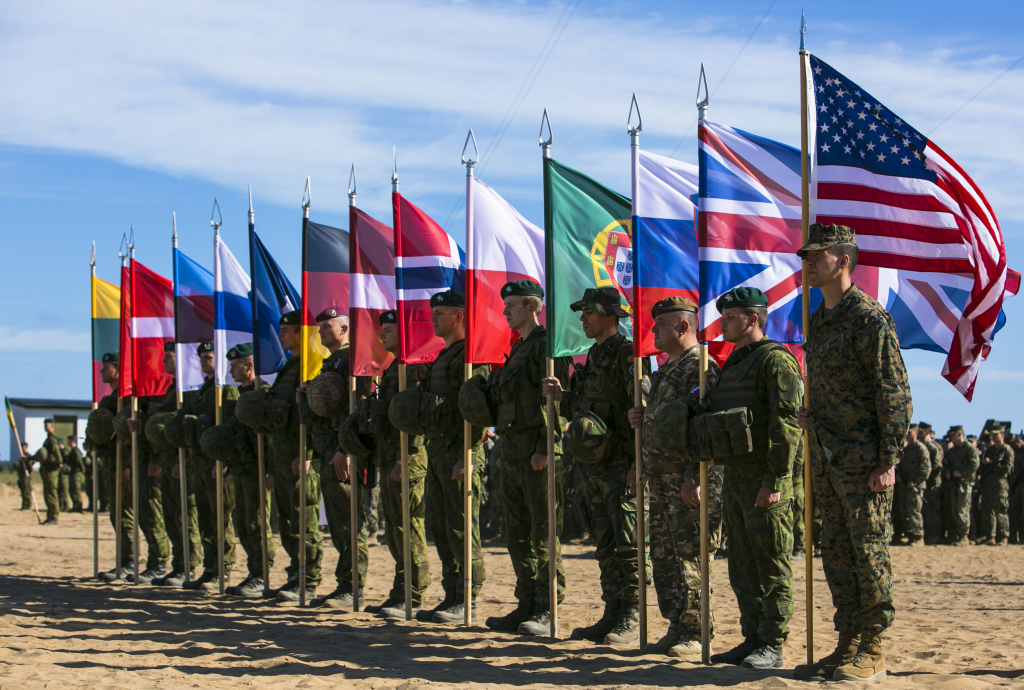Ukraine Seeks Western Assistance for Strikes on Iran and Syria
In a recent and startling development, Ukraine has made an unusual appeal to its Western allies, including NATO and the EU, requesting support for launching missile strikes on Iran and Syria. This extraordinary request has left international observers grappling with its potential consequences and the motivations driving Ukraine’s decision.
The genesis of this appeal traces back to Ukraine’s assertion that Russian drones, which have played a significant role in the ongoing conflict, are equipped with Iranian-manufactured weaponry.
The Ukrainian government’s action did not end with mere assertions. In a move characterized by its thoroughness, Ukraine submitted a comprehensive 47-page document to the G7 in August. This document outlines Ukraine’s argument that Iran has diversified its drone production capabilities by utilizing a Syrian factory and subsequently delivering drones or components to the Russian port of Novorossiysk. According to the document, the production of drones has been gradually shifting to Russia, specifically to the central Tatar region of Alabuga. Furthermore, the Guardian reported that Iran continues to supply some of the essential components for these drones.

The crux of Ukraine’s request lies in its desire to halt these drone production activities in Iran, Syria, and Russia. This is a significant departure from Ukraine’s previous approach, which primarily focused on defending its own territory. Ukraine now seeks Western assistance to carry out missile strikes on the production facilities of these UAVs in the mentioned countries.
However, the feasibility and implications of such an operation are subjects of intense debate and concern. Targeting Iran, in particular, presents an exceptionally challenging scenario. Iran possesses the capability to disrupt global shipping in critical waterways, which makes any military action against it a highly sensitive matter with potentially catastrophic consequences.

The request made by Ukraine to its Western allies raises serious questions about the likelihood of such an operation being approved. The G7, NATO, and the United States, given the potential escalation and risks involved, may not be willing to participate in or endorse such a venture.
Ukraine’s request, therefore, has wider geopolitical implications. It fits into Ukraine’s long-term strategy of involving NATO and the West directly in its conflict with Russia. Without Western support, Ukraine may have faced a far bleaker outcome in its ongoing war with Russia. Ukraine seems to be banking on the idea that pulling NATO into the conflict will increase its chances of success.

However, the execution of this strategy remains uncertain, as the West is unlikely to be easily swayed by such overt attempts. The international community will be closely monitoring the developments and reactions surrounding this unusual request from Ukraine, as it could significantly alter the dynamics of the ongoing conflict and broader geopolitical relationships in the region.
Full Video Report:

